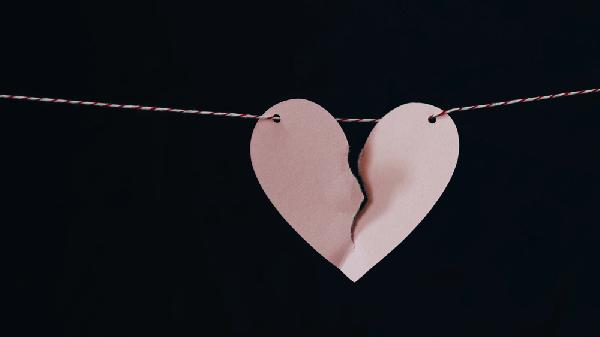Dishes. The never-ending, crusty, slimy bane of domestic existence. If you’ve ever stared into a sink full of congealed food remnants and felt a wave of existential dread, you’re not alone. For years, I treated dishwashing like an optional chore—something I could put off until the pile became a monument to my own avoidance. But here’s the thing: avoiding dishes doesn’t make them disappear. It just makes life harder—for you, your partner, and anyone else who has to navigate around your culinary crime scene.
The Psychology of Dish Aversion
Why do so many of us hate doing the dishes? It’s not just about laziness. There’s something uniquely revolting about handling someone else’s half-eaten food, scrubbing at sauces that have hardened into cement, or fishing soggy bits of lettuce out of the drain. Caroline Kitchner nailed it in her Atlantic piece: dishes force us to confront the gross, intimate remnants of daily life. For some, it’s a sensory nightmare—wet food textures, the smell of old grease, the way water splashes back at you no matter how carefully you try to avoid it. For others, it’s the Sisyphean nature of the task. You wash them, they get dirty again, and the cycle never ends. It’s enough to make you want to eat exclusively off paper plates.
The Relationship Cost of Dirty Dishes
Here’s where things get real: dishes aren’t just a personal nuisance—they’re a relationship minefield. Studies show that in heterosexual couples, women still do the majority of dishwashing, and resentment over unbalanced chores can erode intimacy and satisfaction. Even in queer relationships like mine, where gender roles aren’t a factor, the dishes can become a silent battleground. When one person consistently dodges the task, it sends a message: Your time and comfort matter less than mine. My wife never yelled at me about the dishes, but the tension was there—in the way she’d sigh while moving stacks of plates to access the sink, or the mornings she’d wake up early to clean what I’d neglected. It wasn’t about the dishes themselves; it was about respect.
Breaking the Cycle (Without Losing Your Mind)
So how do you go from dish-dodger to someone who actually keeps up with the sink? The key is to make the task feel manageable, not monstrous. I started with three simple rules: 1、Start, don’t finish. If I couldn’t face washing everything, I’d at least rinse and stack. Half the battle is just getting over the initial ick factor. 2、Morning amnesty. If I skipped dishes at night, I’d handle them first thing in the morning—no coffee until it was done. 3、No passing the buck. If my wife offered to help, I’d either do them immediately or decline firmly. No more “I’ll get to it later” lies. The goal wasn’t perfection; it was consistency. And weirdly, over time, the dread faded. I started noticing the small wins—a clear counter, a sink that didn’t smell like a science experiment, the satisfaction of knowing I’d pulled my weight.
Why Small Changes Matter More Than Big Resolutions
We’re conditioned to think transformation requires grand gestures—new jobs, big moves, extreme makeovers. But real change often happens in the mundane. Doing the dishes won’t solve all your problems, but it will make daily life smoother. It’s a tangible way to show up for your home and the people you share it with. And when you stop avoiding small responsibilities, you build momentum for bigger ones. These days, my sink is rarely full. And when it is, I don’t let it languish. Because here’s the truth: adulthood isn’t about never having dirty dishes. It’s about not letting them pile up until they become a problem. So grab a sponge, put on a podcast, and just start. Your future self—and your partner—will thank you.
Life’s too short to live in a house where the sink is a war zone. Trust me, I’ve been there. But the other side? It’s pretty damn nice.
























